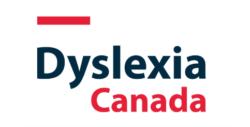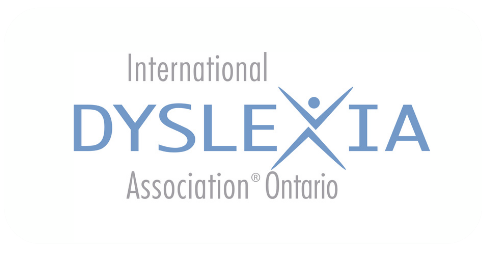This is a collection of passages designed to be used for fluency instruction in grade 8. Developed by Lisa Rogers, Laura Bross, Ayesatta Conteh, Teresa Oud, and Catherine Shawana, each passage focuses on a diverse changemaker from across Turtle Island – individuals who stood up […]
In the “Teaching TV: Learning with Television” lesson from Elizabeth Verrall’s five-part unit for elementary classrooms, students are introduced to television as an informative source and its presentation from specific perspectives. The lesson aims to cultivate students’ ability to derive information from media, identify and […]
The “Teaching TV: Television Techniques” lesson, a component of Elizabeth Verrall’s comprehensive five-part unit for elementary education, offers educators valuable insights for incorporating TV education in classrooms. By guiding students in creating their own media productions, the lesson imparts a practical understanding of how technology […]
The “Teaching TV: Film Production: Who Does What?” lesson, a component of Elizabeth Verrall’s five-part unit for elementary classrooms, offers educators a valuable framework for teaching TV. This lesson engages students in exploring the world of television and film production, fostering an understanding of the […]
The “Teaching TV: Television as a Story Teller” lesson, within Elizabeth Verrall’s comprehensive five-part unit, equips teachers with creative strategies for TV education in elementary classrooms. This lesson guides students in exploring television’s role as a narrative medium. Key learning outcomes encompass understanding how media […]
The “Healthy Food Web” lesson offers educators a valuable resource to integrate into their teaching plans. The lesson primarily focuses on fostering students’ media literacy skills while exploring the role of snack foods in a balanced diet. Through a guided tour of child-targeted websites and […]
Dr Timothy Shanahan discusses the features that make a text complex, including background knowledge, organization, and text cohesion.
In this Reading Rockets article, Daniel Willingham explores the topic of critical thinking and how to foster metacognitive skills in the classroom. Willingham notes that background knowledge plays a role in critical thinking and understanding the surface structure of problems. He provides evidence-based strategies, such […]
In this Knowledge Matters Campaign article, Daniel Willingham explores the factors that lead to critical thinking skills, noting that background, or domain knowledge, plays a key factor. Willingham notes, “background knowledge is absolutely integral to effectively deploying important cognitive processes,” suggesting that facts that are […]
In this column for American Educator, cognitive scientist Daniel Willingham defines critical thinking and provides strategies for fostering thinking in the everyday classroom. Willingham defines critical thinking in three ways stating it must be: novel, self-directed and effective and that it is the third attribute […]
In this Occasional Paper Series from Education Future Frontier, cognitive scientist Daniel Willingham takes a deep dive into the science behind teaching critical thinking and offers strategies such as understanding the domain knowledge required for understanding, creating conditions for transferable skills, and understanding the structure […]
In this lesson, students delve into how media constructs reality through the lens of TV families, paralleling them with their real-life counterparts—personal and peer families. The session commences with a survey of students’ beloved family-oriented TV shows and their allures. Organized in groups, students opt […]




